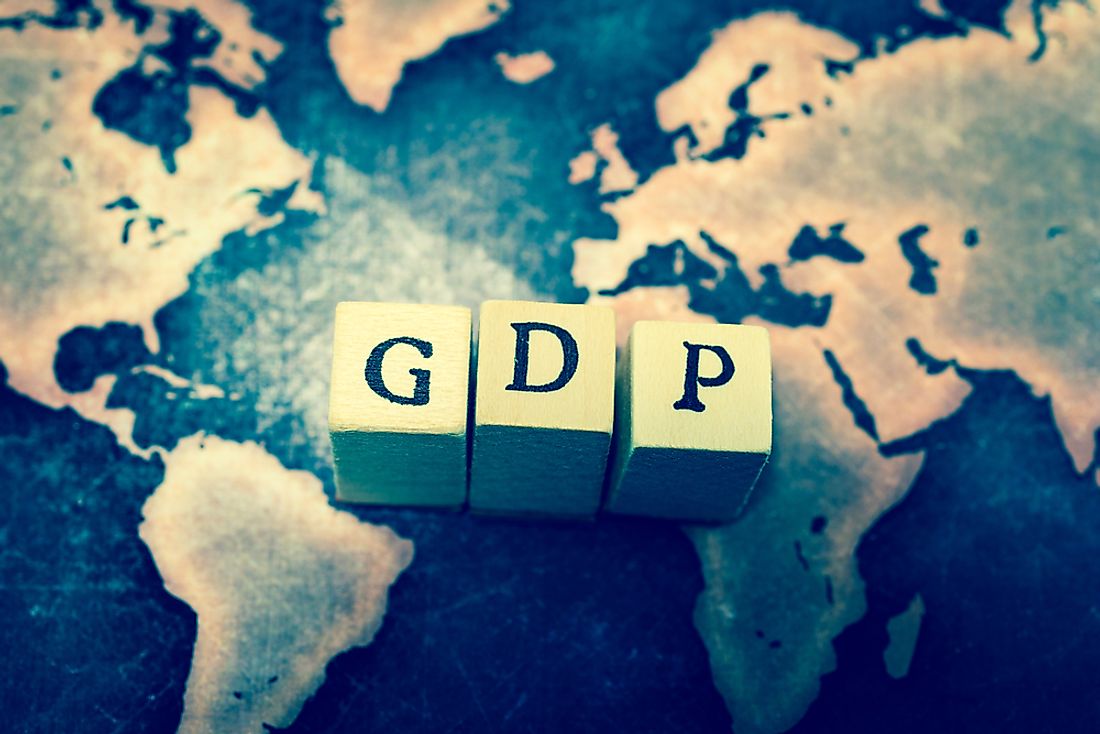Social class is known as any group of individuals in a society characterized by their role in the production system and the part of state wealth that they have.
Within the field of social economy , the concept of social class is studied as a basic element, the social organization of work and the distribution of the means of production existing in a given territory.
Thus, each social class can be considered to be a distinguished part or stratum of society . It supposes the agglomeration of a large number of individuals who share a series of conditions such as their function in the economic system , their income level or the role to be played in the bureaucratic organization of the State.
That said, it can be established that primarily the separation of individuals into different social classes responds to an economic criterion. Taking into account the social class in question in which a person is, their role in society and their possibilities regarding their future can be deduced.
Social class as a hierarchical mechanism
Faced with the existence of other cultural or ideological criteria, social stratification through social classes with the economy as the base criterion supposes the creation of a class system:
- Individuals are separated taking into account their economic activity and their possession or not of certain means of production.
- The social division of labor, the unequal distribution of wealth and purchasing power in a territory decisively influence this hierarchy.
- Another decisive factor is the existence of the concept of private property as a tool for the possession of goods and income by individuals.
Types of social class
Taking into account the different perceptions and studies on the existence of social classes, their typologies can be summarized as follows:
- Upper class: Its individuals have a high purchasing power and generally a higher level of training and education. They occupy positions of responsibility in the bureaucracy and have ownership of the means of production, so they can employ other individuals.
- Lower class: It is characterized by individuals with little possibility of having a home in property or means of production. In addition, their income level is low, so their purchasing power does not facilitate their entry into the country's bureaucracy or high-level educational and professional training.
- Middle class: It is the broadest stratum in societies. Its members often have average levels in terms of education and have an intermediate economic capacity, which allows them subsistence and property in many cases of housing and a standard of living based on well-being.
Luke is passionate about fostering student involvement and connection. He studied psychology for his major and likes learning about the past. Luke aims to specialize in artificial intelligence and cybersecurity. .
Leave a reply
Your email address will not be published. Required fields are marked *Recent post

Gross Domestic Product (GDP): What is it, definition and concept

Empirical Knowledge: What is it, definition and concept

Tertiary Sector or Services: What is it, definition and concept

Raw Material: What it is, definition and concept
